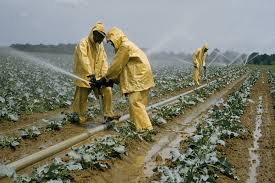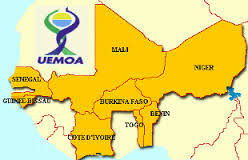The Africa Fertilizer and Soil Health summit held in Kenya’s capital Nairobi has recently closed with a 10-year action plan, as the African Union (AU) has said a $15 billion private sector investment is needed to increase manufacturing of mineral fertilizers in Africa.
The Africa Fertilizer and Soil Health summit that took place last week brought together African leaders and key stakeholders in the agriculture sector who sought to highlight the crucial role of fertilizer and soil health in boosting productivity in agriculture on the continent. The leaders signed the Nairobi Declaration on Africa Fertilizer and Soil that acknowledges the need for increased fertilizer use while also recognizing the persistent, long-term challenges in implementing past commitments.
The summit also saw the launch of the Soil Initiative for Africa, a ten-year action plan, and a post-summit implementation mechanism to finance this action plan. The latter, which is called the Africa Fertilizer Financing Mechanism (AFFM), is designed notably to improve production, procurement, and distribution of organic and inorganic fertilizers in Africa.
Meanwhile, according to a recent statement by the AU, $15 billion is required to guarantee ideally the tripling of the production of organic and inorganic fertilizers in Africa by 2033. The regional cooperation in fertilizer policy, research, and development as well as investment pooling for production capacity, the AU hopes, will facilitate cross-border trade in the continent. The AU also decried Africa’s over-reliance on the global market, noting that the continent can be self-reliant if the needed cooperation crystalizes. As there is a dire need to shorten the distances that African farmers travel to access fertilizer and other critical farm inputs, the AU said that “the target is that by 2033, at least 70% of the farmers in Africa should be linked to accessible and affordable input markets as well as agricultural extension services.



